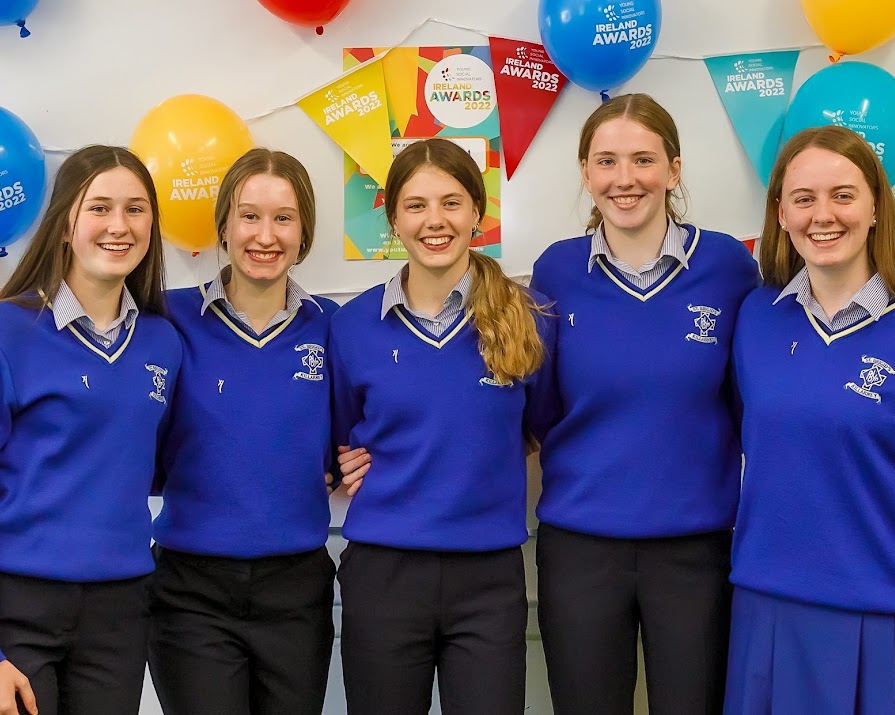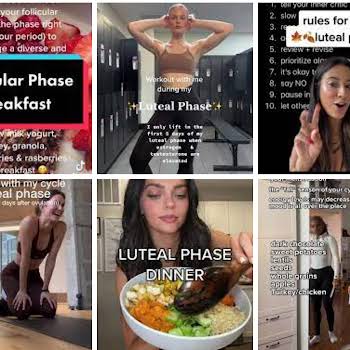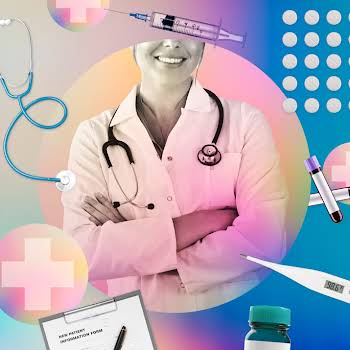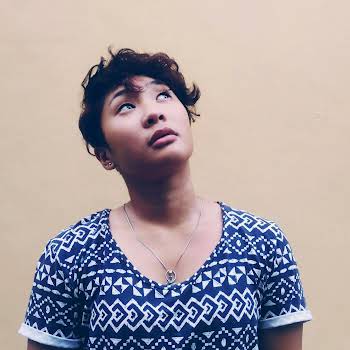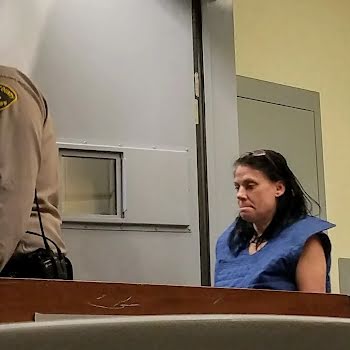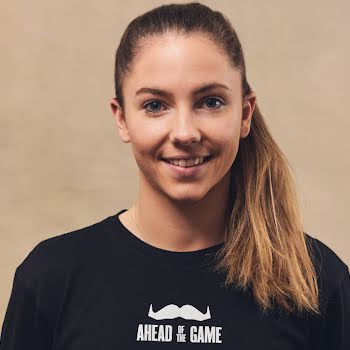Meet the students revolutionising how young women talk about periods
By Sarah Finnan
03rd Jun 2022
03rd Jun 2022
The Bronze Award-winners at this year’s Young Social Innovators Ireland (YSI) Awards, the team from St Brigid’s Secondary School Killarney impressed with their project Operation Red.
A project centred around periods and raising awareness about the lack of knowledge surrounding menstrual disorders, the idea was to encourage open discussion on these issues so no woman ever feels alone.
Also concerned about misinformation on social media platforms in relation to dealing with menstrual disorders, the team wanted to educate their peers about their reproductive health, highlight some of the most common warning signs that can potentially disrupt daily life, and signpost available supports should they be needed.
Now in its 21st year, YSI focuses on empowering Ireland’s young people to reimagine the world and the communities they live in, by developing and implementing ideas that help create a fairer, more equal and sustainable world.

We spoke to the St Brigid’s team to find out more about their project, Operation Red.
How did you come up with the idea for your project?
We came up with this idea in September 2022. We noticed that around our school there was huge stigma associated with menstruation and menstrual health. There was also a lack of basic knowledge surrounding menstrual health and we had heard some of the ludicrous rumours and myths that were circulating around our school – particularly amongst younger students.
Standing back and doing nothing simply wasn’t an option, so we decided to launch our project Operation Red with the goal of creating awareness, educating and breaking the stigma surrounding menstrual disorders.
Do you think there’s still a lot of stigma around menstruation in Ireland?
Yes, we definitely think that there is still a lot of stigma surrounding menstruation in Ireland. Unfortunately, the shame and embarrassment that society creates around this topic prevent girls from being properly educated and accessing the correct supports that they may need.
According to a study carried out by Plan International, 55% of Irish girls are embarrassed by their period. This is wrong, and open discussion about periods needs to start now.
The stigma around periods is so extreme in some countries that women are segregated when they are menstruating. Thankfully, this is not the case in Ireland, but it’s an abhorrent practice that needs to be addressed by international bodies, regardless.
In terms of sustainability, do you think the burden is put unfairly on the shoulders of those who menstruate?
The introduction of more sustainable products such as biodegradable sanitary pads and tampons and reusable period underwear to the market is a welcome move for women as a whole. Up until very recently, women had extremely limited choices when it came to acting sustainably while menstruating and the development of such products is a completely necessary and fantastic initiative.
That said, there is a certain pressure put on women to act sustainably while on their periods. These products often have higher price margins than other non-sustainable products. Some women don’t have the means to purchase sustainable products, which causes unnecessary guilt. People have the option to use alternatives to tinfoil, but they continue to use it – so there definitely needs to be less pressure put on people to be sustainable when on their period.
From your research, what are some of the most common warning signs of menstrual disorders?
We did a lot of research into menstrual health and menstrual disorders as part of our project. After creating resources for SPHE classes, we identified the following symptoms as some of the most common warning signs for menstrual disorders – heavy bleeding, severe cramps that prevent you from doing your normal activities, irregular, abnormal or missed periods and periods that are accompanied by nausea, vomiting and severe pain. It’s also important to remember that everybody is different, and one woman’s experience can be the complete opposite to someone else’s.
You mentioned misinformation on social media as being a concern in your school– is this a big problem for the younger generation? Do you think people just take things as being true without looking into it any further?
Misinformation on social media is becoming a substantial issue in society and it does seem to be the younger generations who are amongst the most susceptible to these rumours and myths. Young people are highly impressionable. When scrolling on social media, even the most ridiculous comment passed by some unqualified influencer can have a major impact and can encourage people to make unhealthy and sometimes dangerous alterations to their bodies or lifestyles.
One platform that is infamous for misinformation is TikTok, where anybody can put up information regardless of whether it is true or false. Rumours, myths, unsubstantiated claims and misinformation are extremely prevalent there as a result. Unfortunately, this means that girls are taking in and following advice that is often incorrect and has the potential to harm their wellbeing.
We want to help address misinformation regarding menstrual health by creating resources and educating girls in this area and encouraging them to source their information only from the most reliable sources.
What do you think of the current education system around women’s health/menstrual issues?
We think that the current education system surrounding women’s health and menstruation is entirely inadequate and is something that needs to be completely revolutionised. At the moment, girls are taught simply what periods are, they are taught very limited ways of coping with them and ultimately are never taught about menstrual disorders throughout their formal education. This is atrocious!
When something of this magnitude isn’t talked about in schools and wider society, misinformation spreads like wildfire. There is a definite link between lack of basic education and the stigma surrounding menstruation stigma that we discovered throughout our project – the Irish education system needs to correct this.
We as a team want to ensure that girls are equipped with the knowledge to look after themselves, after all their health is tremendously important.
What kind of resources have you found are available to people?
There are a multitude of resources available online for anybody to view, however, it is very important to get information from credible sites given by qualified healthcare professionals. As part of our project, we found that the HSE and NHS websites were the most useful as the information was accurate and we knew that it was reliable. Of course, if people have any questions, queries or concerns, they should contact their GP to arrange an appointment or they can freephone the HSE at 1800 700 700.
What has the reaction to your project been?
We’ve noticed a massive change in people’s attitudes towards menstrual health in our school community since we first began our project. When we first decided to pursue this topic, we got mixed reactions from classmates questioning the motivations behind our decision – some were even a little disapproving!
But, we chose to rise above any judgement we faced, and we’ve seen the direct impact that our project has had on people. We’ve had a very positive response from students in all years in our school and we’re confident that we can help direct people to the various supports available to them now too.
We’ve also had an overwhelming response from the local press in our town supporting our project, especially after winning the Bronze Award in this year’s YSI competition! It’s such an under-researched issue, so people want to get behind it and strive to make a positive impact in the community.











